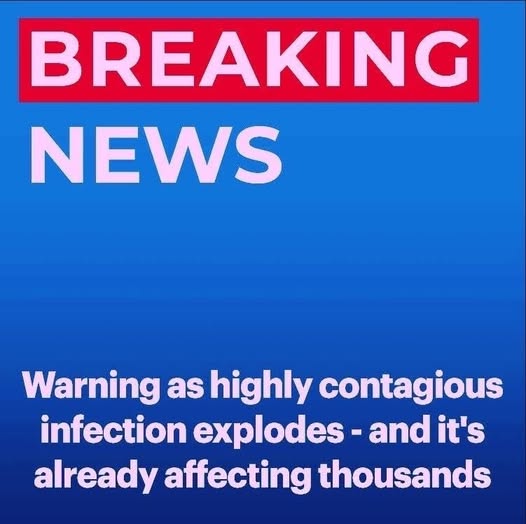
Whooping Cough Surge Sparks Urgent Health Warning in Queensland
Queensland health authorities are on high alert as a dramatic surge in whooping cough cases grips the state. More than 2,380 infections have already been reported in the early months of 2025—over triple the average recorded annually from 2020 to 2024.
The spike follows a staggering 15,012 cases in 2024 alone—surpassing the total number of cases from the previous 11 years combined.
Health experts are sounding the alarm, linking the rise to falling immunisation rates since the COVID-19 pandemic and lapses in personal hygiene. Tragically, the disease claimed the life of a young child last year, underscoring the serious threat it poses—especially to infants.
“These are significantly higher figures than we’d normally expect,” said Professor Paul Griffin, Director of Infectious Diseases at Mater Hospital Brisbane. “A drop in vaccination rates is undoubtedly a contributing factor. The disease is much more severe in unvaccinated individuals.”
Vaccination coverage is slipping:
- Only 90.8% of one-year-olds were vaccinated in 2024—down from 94.4% in 2018.
- Pregnant women’s vaccination rates have also declined, from 77% in 2020 to 70% in 2023.
Whooping cough, or pertussis, is a highly contagious respiratory infection that can cause severe complications, including pneumonia, brain damage, and even death—particularly in babies.
Professor Adrian Esterman, an epidemiology expert at the University of South Australia, explained that while outbreaks typically occur every three to five years, pandemic-related restrictions may have delayed this latest wave.
“Vaccines save lives,” said Acting Chief Health Officer Catherine McDougall. “Vaccinating during pregnancy can reduce the risk of newborn infection by up to 75%.”
Despite a slight dip in weekly case numbers—now hovering between 50 and 80—the infection continues to circulate, prompting renewed calls for community vigilance.
Protecting the Vulnerable: What You Need to Know
The whooping cough vaccine is free under the National Immunisation Program and recommended for:
- Children at 2, 4, 6, and 18 months
- Adolescents aged 12 to 19
- Pregnant women (in each pregnancy)
- Adults (booster every 10 years)
Health officials urge Queenslanders to check their vaccination status and help stop the spread of this preventable disease.